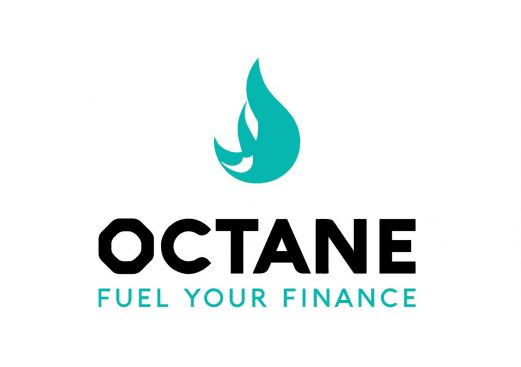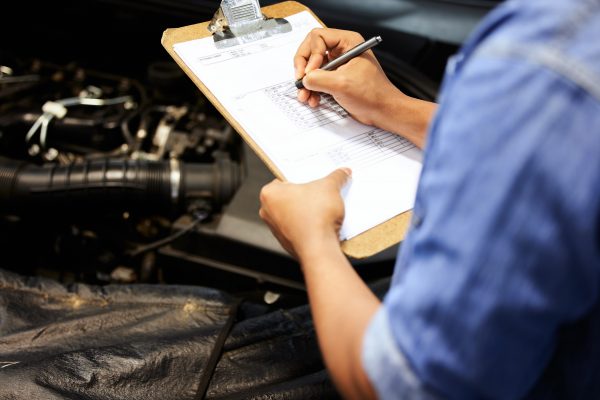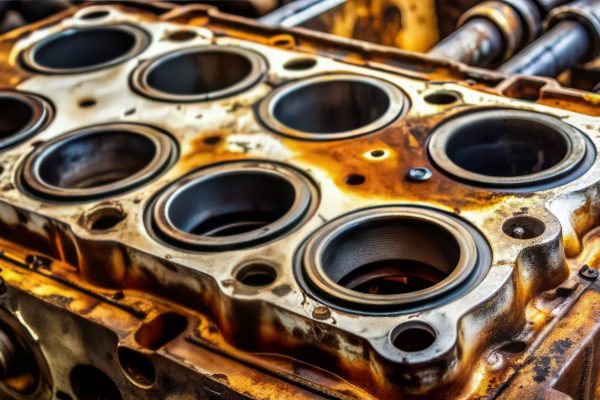We had a car in for repair. Our customer instructed us to replace the turbo and supplied a second-hand unit. It was all ok when we completed the repair and did our checks but a about a week later our customer returned complaining his car started to lose power again. We had a look at the car, and it looks like the EGR valve is faulty. The customer says the valve should have been checked at the initial repair and we have to rectify the problem free of charge. Is it so?
It is worth remembering that any repair garage has the duty of reasonable care and skill implied into a contract with its customers – be it a consumer or a business. This duty is not absolute. The test is whether the work is performed in a way in which an ordinary competent garage would do the job. As long as the work is competently performed, there may be an expectation but not necessarily a duty that the repair will fix the problem. It may not always happen. Modern cars are extremely complex. Sometimes problems need to be addressed by process of elimination or one at a time, when further faults may only come to light when the initial issue is fixed.
You customer asked you to replace the turbo unit, which you did. A problem with the EGR valve appears to be a separate matter and does not show that the duty of reasonable care and skill was breached.

Octane Finance is the broker of choice for new and used car dealers nationwide. With our uncompromising service levels and our genuine and professional approach, you and your customers can trust us to deliver.








